Why Falcon & The Winter Soldier’s Finale Failed | Screen Rant
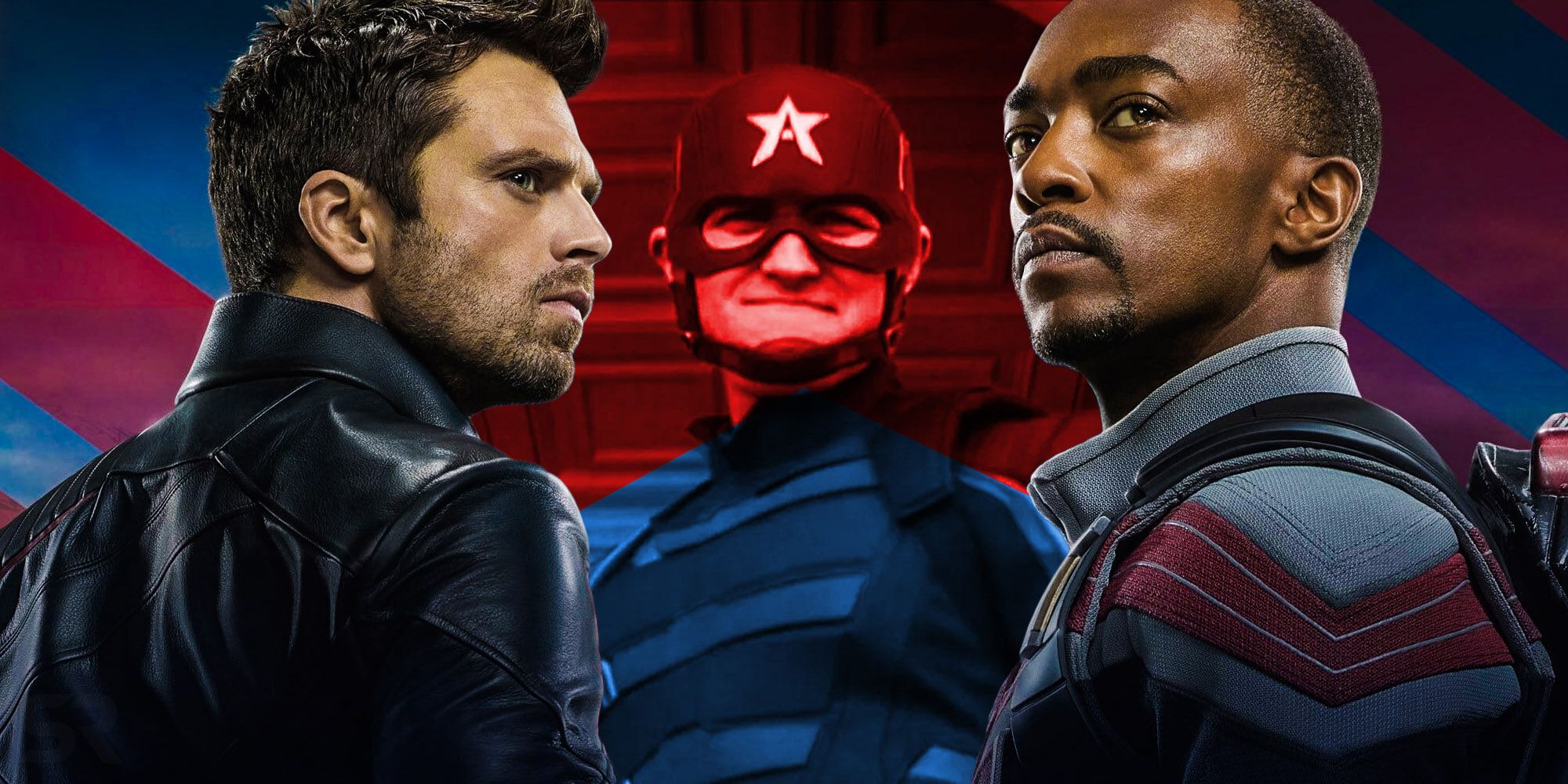
Despite a build-up of promise, the finale episode of The Falcon and the Winter Soldier failed overall. The finale found Sam Wilson (Anthony Mackie) and Bucky Barnes (Sebastian Stan) squaring off in a final battle against the anarchist terrorist group the Flag-Smashers, led by Karli Morgenthau (Erin Kellyman), who were intent on assassinating the Global Repatriation Council on the eve of an important vote. As is usual with Marvel movies and TV shows, some plot lines were resolved, other stories were set up, and hints at brand-new superheroes from the comics entering the MCU were dropped.
The six-episode miniseries (or season, if it gets an order for season 2) tackled a number of complex topics along the way, some poignantly and others seemingly just check a box off on a list. Along with the central problem of the Flag-Smashers, Sam's individual struggle was learning to come to terms with being the first Black man to be Captain America while Bucky was dealing with laying the ghosts of his past as the Winter Soldier to rest. Helmut Zemo (Daniel Brühl) also featured in the series as Bucky and Sam's temporary ally – at least before Ayo and some of the Dora Milaje showed up for a subplot involving tracking him down and returning him to prison. Meanwhile, the Flag-Smashers and their cause were also given screen time, if not exactly clear focus.
It's a lot of plot to wrap up in a single finale episode, and while some of the lesser storylines were resolved earlier (or largely forgotten entirely), the finale had quite a few major stories and loose ends to juggle. Unfortunately, it failed in that aim. It's telling that overall, the first season of The Falcon and the Winter Soldier is at a solid 87% on Rotten Tomatoes, but the finale is currently sitting at a dismal 59%. Overall, it was a letdown for a few reasons.
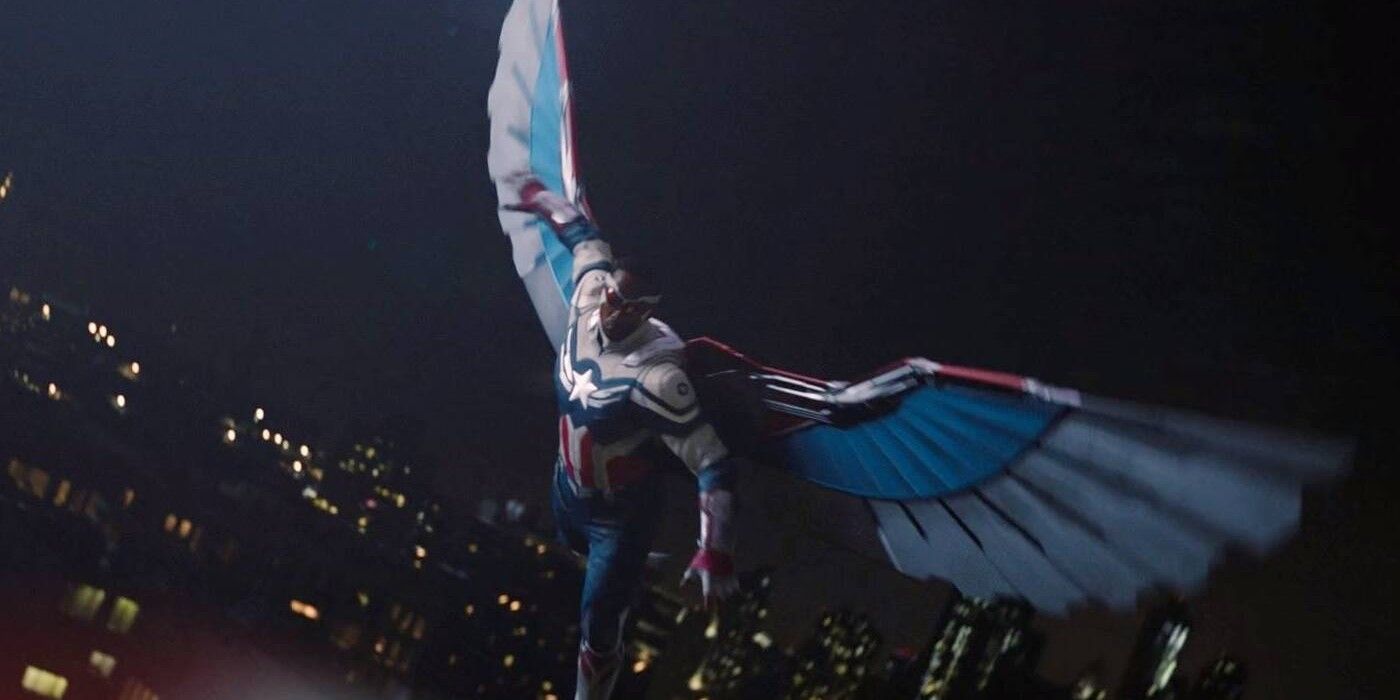
It's hard to overstate how little happened for an episode of 52 minutes. The attempted GRC takeover and battle is a whopping 25 minutes of the episode. Sam's speech is another four. And the credits, minus the brief mid-credits scene, eat up nine minutes of those 51 minutes. In essence, one single battle and follow-up speech eats up two-thirds of the entire episode. That's just poor pacing. For a series that dealt with a number of weighty issues, the finale being reduced to one big punch-'em-up fight was an enormous letdown and a regression in terms of storytelling.
In fairness, it's worth noting that Covid-19 forced delays in production, but more, it also forced a number of considerable changes to the story itself. There was reportedly a virus storyline that had to be cut in light of the current pandemic and it's been confirmed that Julia Louis-Dreyfus's Contessa Valentina Allegra de Fontaine was supposed to make her first appearance in Black Widow but it ended up being introduced in Falcon & Winter Soldier after release date delays forced the Marvel film to be bumped back by more than a year and release after the Disney+ show. The Covid seams were clear throughout the series: some plotlines were dropped completely and characters disappeared for episodes at a time, other storylines were rushed or lacked clarity, and the editing was at times jumpy. There was enough great chemistry between the two lead stars, gravitas provided by Carl Lumbly as Isaiah Bradley, and thought-provoking moments to mostly carry the series through the first five episodes. But in the finale, the wheels finally fell completely off. With so many stories to potentially explore and bring to a close in a satisfying manner, the finale felt like an episode centered on one fight and then cobbled together with the scraps of whatever footage was left.
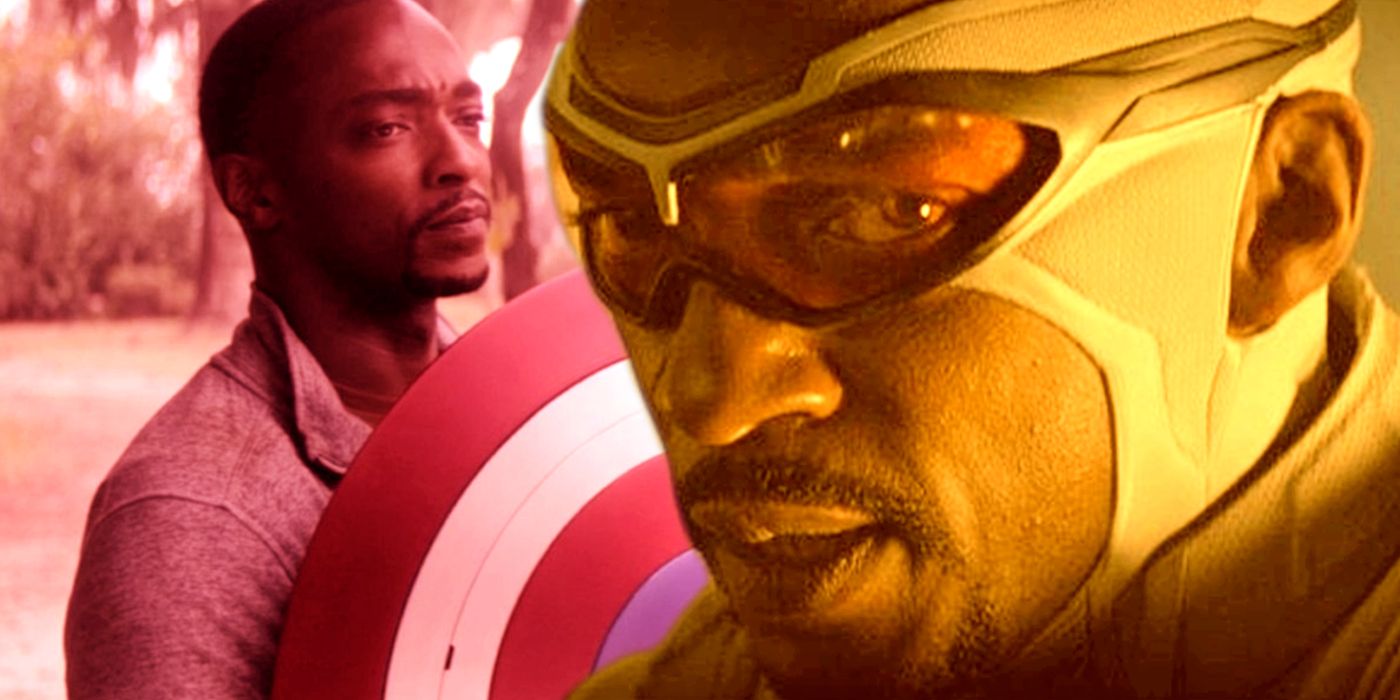
One of the most surprising and disappointing elements of the finale was how painfully hamfisted and on the nose much of the dialogue was. Sam Wilson's speech at the end sounded less like an organic moment and more as if Anthony Mackie would turn to the camera at any minute and say, "In case you didn't notice, I'm laying out my manifesto as the Black Captain America" before winking and turning back to the other characters. Likewise, the callback dialogue between two Black male characters of, "Hey, it's Black Falcon!" "No. That's Captain America." was so absurdly unnecessary and cheesy that it actually made more than a few viewers laugh aloud – not the reaction one would want from the audience during what's supposed to be an inspiring and serious moment.
Before the finale, Falcon and the Winter Soldier tackled complex issues like being Black in America and what it means to be a hero or a villain with a morally gray touch and often an ambiguous stance. That approach allowed audiences to debate scenes, think on the messages they sent, and draw their own conclusions. The entire point of the series through the first five episodes was to underscore that in a post-Blip MCU, the line between good guys and bad guys is thin, and the world is no longer so black and white. Thus, the finale delivering Sam's big moment as nothing more than a heavy-handed morality play was jarring. It felt like an episode written for the audience Marvel was worried hadn't quite gotten the first five episodes or the issues they explored. Unfortunately, in doing so, it undermined what the series had done to that point. One good thing did come out of Sam's pointed speech, however: It finally explained what exactly the Flag-Smashers were trying to stop the GRC from doing, a point that hadn't exactly been made clear in the series.
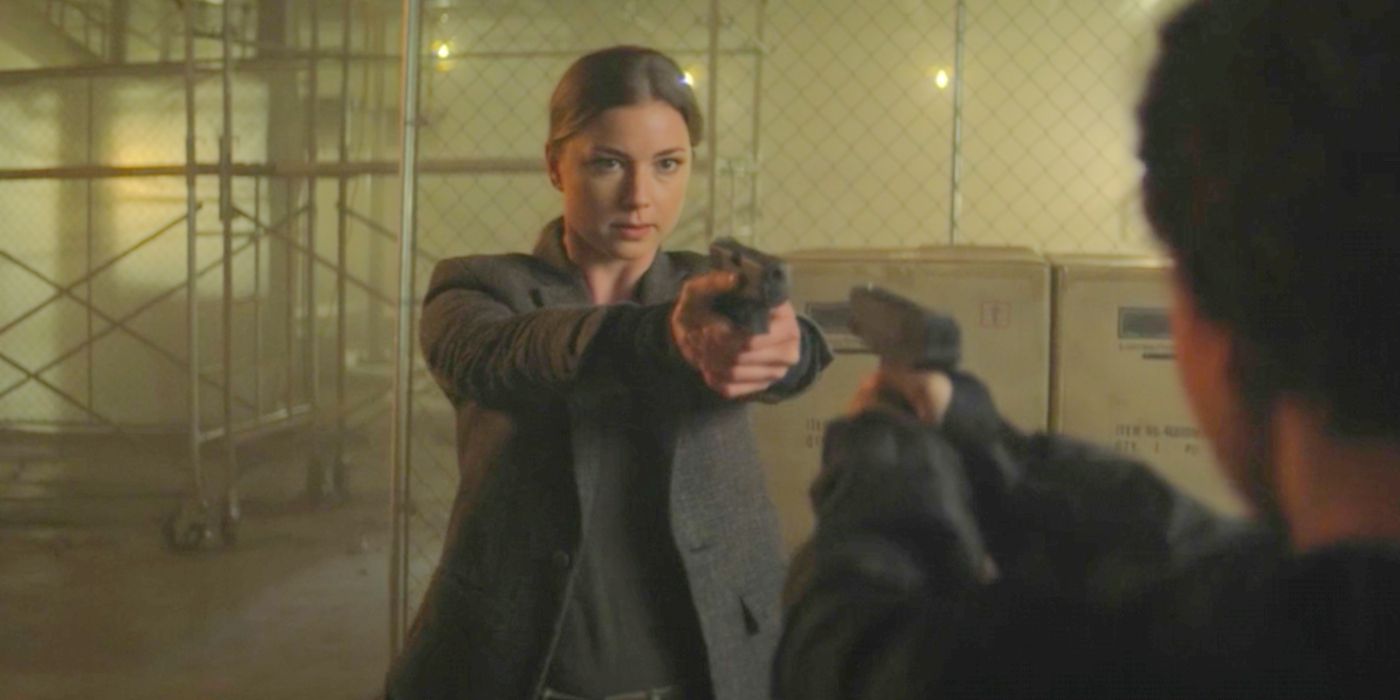
Both Karli and Sharon Carter (Emily Van Camp) got the short end of the stick in the finale. Karli Morgenthau's end felt like a regression to Phase 1 of the MCU, when villains were little more than 2D constructs serving as walking plot catalysts and then killed off as soon as their function was served. Karli's character being underwritten and her motivations unclear was a major issue throughout the series, but her being casually killed at the hands of Sharon Carter and dying quickly only served to underscore how little audiences ever truly learned about her character. Viewers knew what she and the Flag-Smashers wanted - at least on the surface - but not exactly why, what Karli's own personal motivations were, or what happened in her past to turn her into such a zealot. What could and should have been a poignant moment with her death turned into merely a plot point resolution to tick off the list.
As for Sharon Carter, her character has suffered in a similar way over a longer period of time. The MCU has never quite known what to do with Sharon, giving her moments of showing her bravery and heroism only to waste her potential or turn her into a will-they/won't-they potential love interest of Steve Rogers. In theory, she went on the run for a few years, disappeared in the Blip, then returned with everyone else a few months ago. In the interim, it was established she'd made a nice life for herself as an art thief and forger in Madripoor. However, it was later revealed Sharon Carter was the Power Broker and, in the mid-credits scene, that she'd gone full-on villain. While it's exciting to know that her character may finally get the interesting writing and screentime she's deserved, Sharon's heel-turn never felt fully earned, especially for a woman who well knew that she'd be a rogue agent and exiled for doing what she did during the events of Captain America: Civil War. From Civil War to Falcon and Winter Soldier, there was an enormous change in Sharon's personality, culminating in her unceremoniously killing Karli, who was still just a kid, a line Sharon never would have crossed before. If there was a story that justified Sharon's new ruthless coldness, it's not one audiences were privy to, and thus, her turn to villainy doesn't sit quite right. Not yet, anyway.
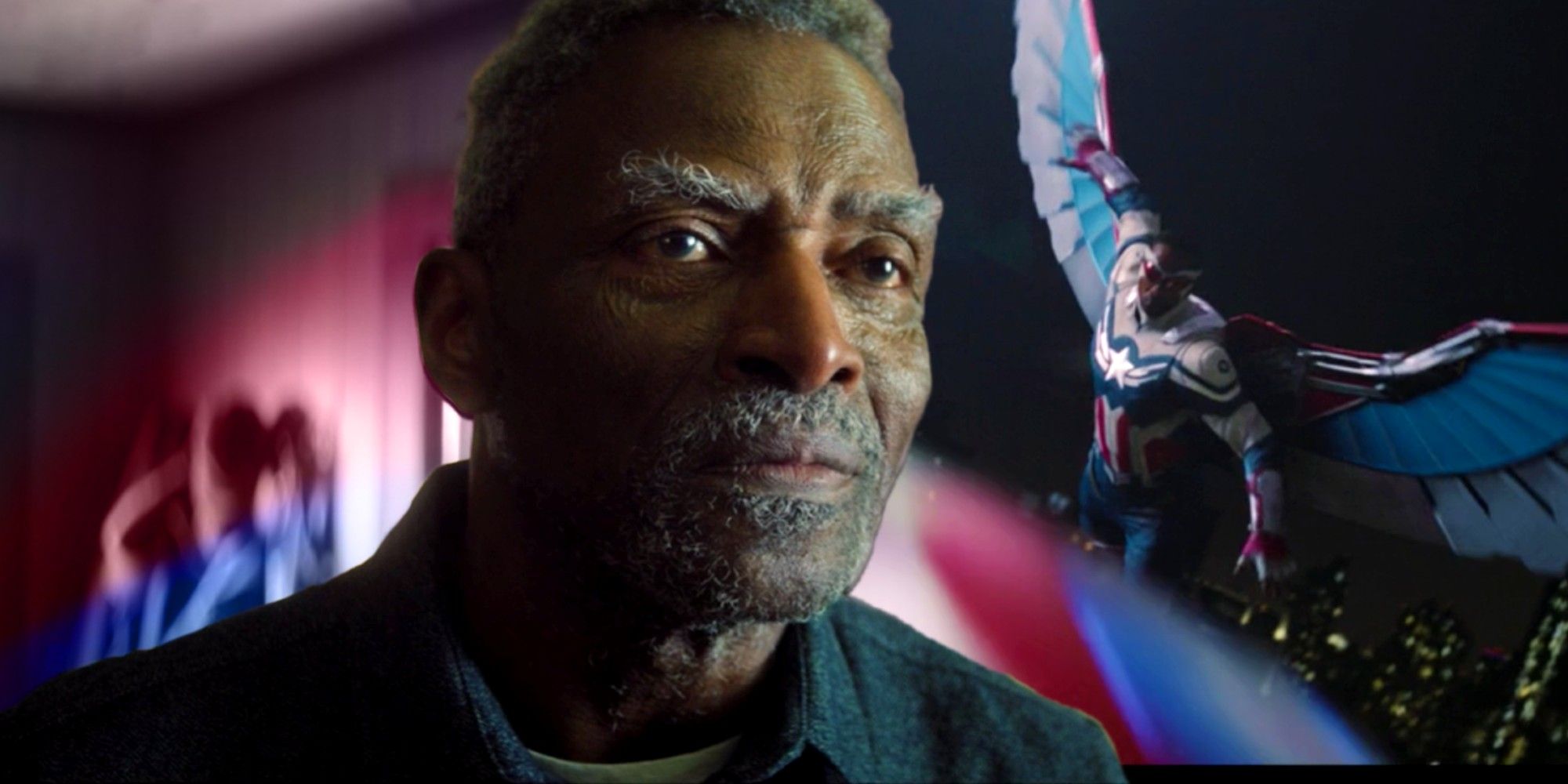
Throughout the series, The Falcon and the Winter Soldier tackled fraught topics from dealing with PTSD and trauma to racism. Some of those topics it did great justice to, others, not as much. The series should be commended for swinging for the fences with some of the issues it explored; the show was timely, with many of the conversations it evoked necessary and long-overdue. It's well past time for Marvel to start exploring difficult issues with thoughtfulness and depth.
However, the speed and ease with which a number of these issues were resolved in the finale did them a disservice. After a single, unseen conversation with Yori (Ken Takemoto) in which Bucky finally came clean about having killed Yori's son when he was the Winter Soldier, Bucky decides he no longer needs therapy, apparently magically cured. In just a few days, 90 years of trauma were seemingly resolved and put to bed, which isn't how it works. Likewise, after brutally murdering a man in an uncontrolled rage and then trying to also kill Bucky and Sam, John Walker, too, is suddenly restored to being of sound mind after one moment in which he sacrificed vengeance for heroism. While Walker making the decision, for once, not to punish the bad guys but to save the innocent (or at innocent as the GRC can be), is a big step toward redemption, the fact of his sometimes considerably unstable mental state remains. Neither that nor his very recent transgressions were so much as once mentioned in the finale, however.
But the finale failed Isaiah Bradley perhaps most of all. His story was tragic, horrific, and heartbreaking; the decades of torture and suffering and neglect he'd endured at the hands of the U.S. government shaping him into understandable bitterness and fear. Isaiah's life for decades had been a matter of trying to lay low and not attract any attention in order to protect himself and his grandson. Sam putting Isaiah's story out there for the world to see in the form of a statue and an exhibit without his permission was shockingly insensitive and disrespectful considering the last time they'd talked, the old Super Soldier reiterated that he'd be killed if his story were told. Regardless of whether or not that's any longer true now that Sam carries weight as the new Captain America, blindsiding Isaiah with the reveal did not come across as the heartwarming moment it was meant to be, even with Isaiah's tears of joy, but completely out of character for both men.
It, like a number of choices in the last episode of The Falcon and the Winter Soldier, might have made sense given more time to develop. The entire season could have used about two more episodes to flesh out some of the stories and characters instead of cutting contextual corners. While the series was a lot of fun overall and should be commended for its ambition, it was wildly uneven, no episode more than the finale. Hopefully, if there is a season 2 of The Falcon and the Winter Soldier, it will sort out the issues of the first season and its finale with more time and no Covid to work around.
from ScreenRant - Feed https://ift.tt/3tUFLqg
via Whole story

Post a Comment